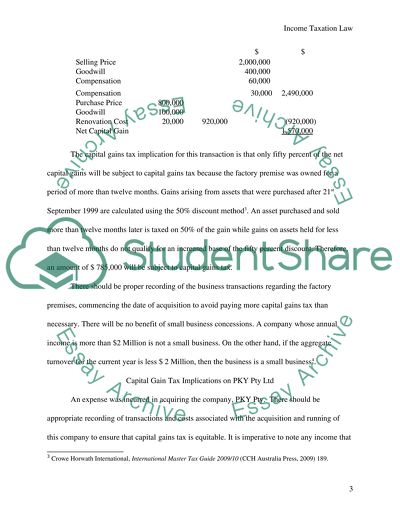Cite this document
(“Income taxition law Essay Example | Topics and Well Written Essays - 3000 words”, n.d.)
Income taxition law Essay Example | Topics and Well Written Essays - 3000 words. Retrieved from https://studentshare.org/law/1485075-income-taxition-law
Income taxition law Essay Example | Topics and Well Written Essays - 3000 words. Retrieved from https://studentshare.org/law/1485075-income-taxition-law
(Income Taxition Law Essay Example | Topics and Well Written Essays - 3000 Words)
Income Taxition Law Essay Example | Topics and Well Written Essays - 3000 Words. https://studentshare.org/law/1485075-income-taxition-law.
Income Taxition Law Essay Example | Topics and Well Written Essays - 3000 Words. https://studentshare.org/law/1485075-income-taxition-law.
“Income Taxition Law Essay Example | Topics and Well Written Essays - 3000 Words”, n.d. https://studentshare.org/law/1485075-income-taxition-law.


